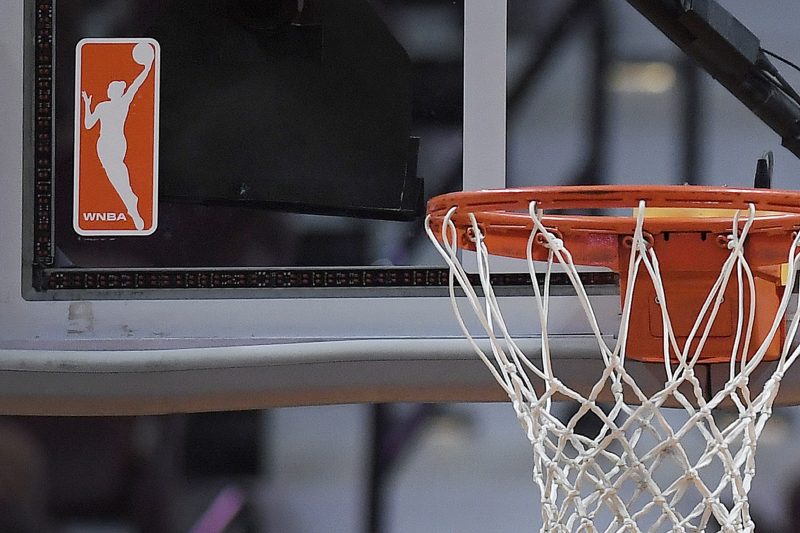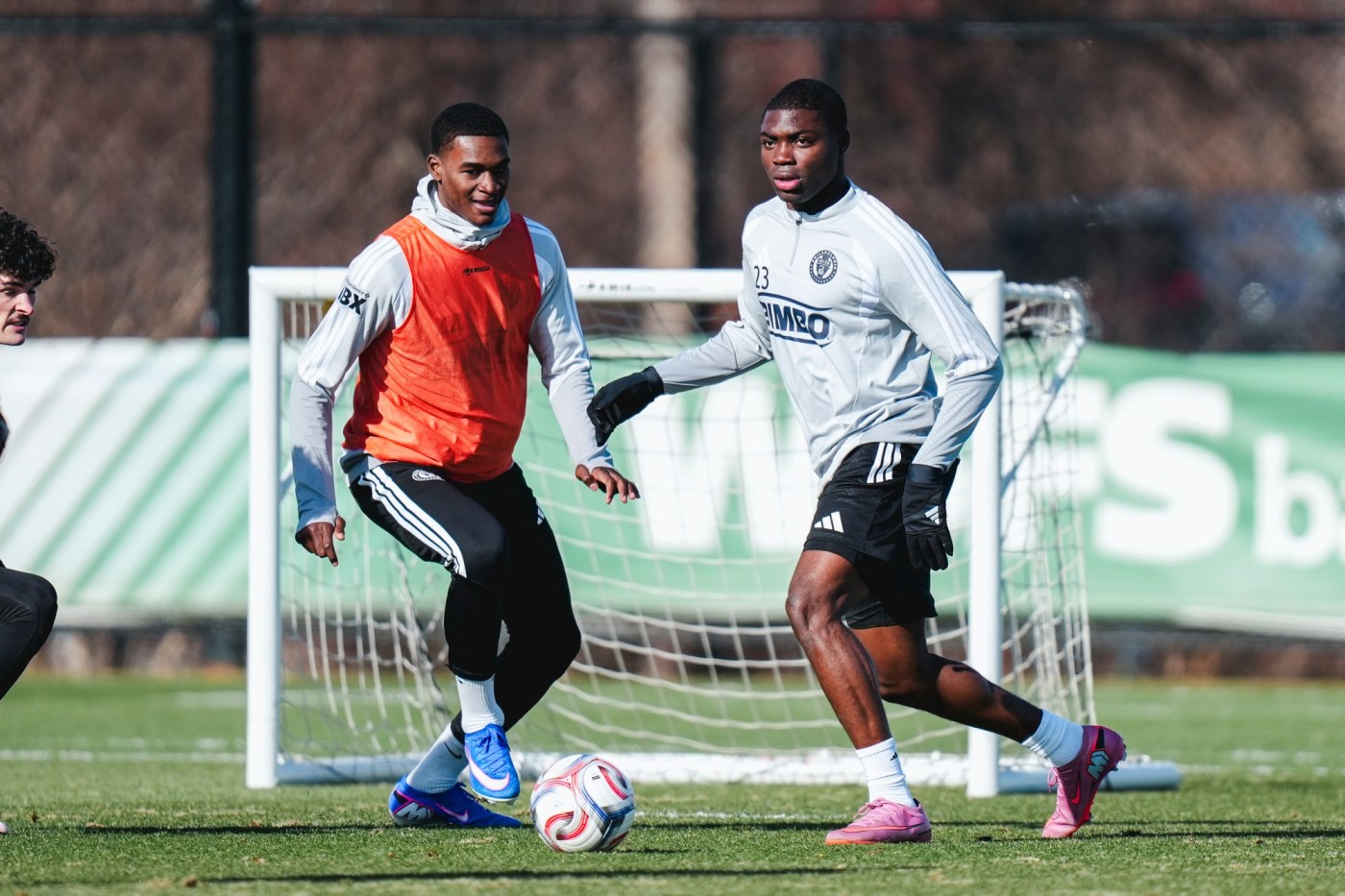UPDATE: The phrase “I know ball” has surged in popularity among Gen Z, becoming a hot topic of discussion and online searches over the past month. As slang evolves rapidly, many parents and adults are left questioning the meaning of this latest term that’s capturing the attention of teenagers everywhere.
Just recently, the frequency of Google searches for “I know ball” reached its peak, signaling a pressing need for clarification on what this phrase signifies. With **the youth culture** constantly shifting, understanding these terms is crucial for connecting with the younger generation.
At its core, “I know ball” translates to having a solid grasp of sports knowledge—specifically, games like football, baseball, or basketball. However, the term has expanded beyond athletic prowess. It can also reflect expertise in various areas, allowing anyone to claim they “know ball” about a wide array of subjects, from gaming to art history.
“You know how to ball, I know Aristotle,” shared Taylor Swift as she navigated the complexities of knowledge in her song, “So High School.”
While Taylor Swift might not be hitting the field like her fiancé, Kansas City Chiefs tight end Travis Kelce, she certainly embodies the spirit of “knowing ball” in the realm of philosophy. The phrase serves as a versatile badge of honor, applicable to anyone with specialized knowledge or skills.
On platforms like TikTok, users are embracing this trend, showcasing their own “ball” knowledge—whether it’s about sports, travel, or even living with conditions such as IBS or diabetes. Videos are flooding feeds, illustrating how everyday individuals can confidently claim they “know ball” in areas close to their hearts.
For example, your barber might proudly announce they “know ball” when executing the popular “broccoli” haircut, a style favored by teen boys. Or a friend with extensive travel experience might “know ball” when discussing the intricacies of “shoulder season.” This broad application keeps the phrase relevant and relatable across various demographics.
Although “I know ball” may not be the most intricate piece of Gen Z slang, its simplicity allows for easy incorporation into daily conversations—even around the office water cooler. You can use it without feeling “delulu” (short for delusional), making it a user-friendly term for adults trying to engage with younger generations.
As slang continues to evolve, staying updated on these terms plays a vital role in bridging the gap between generations. Understanding what “I know ball” represents can foster better communication and connection with today’s youth, ensuring that adults remain in the loop.
As interest in this phrase grows, expect to see more discussions around its meaning and implications. Will “I know ball” become a staple in everyday vernacular, or will it soon be replaced by the next trending term? Keep an eye on evolving slang as culture continues to shift.







